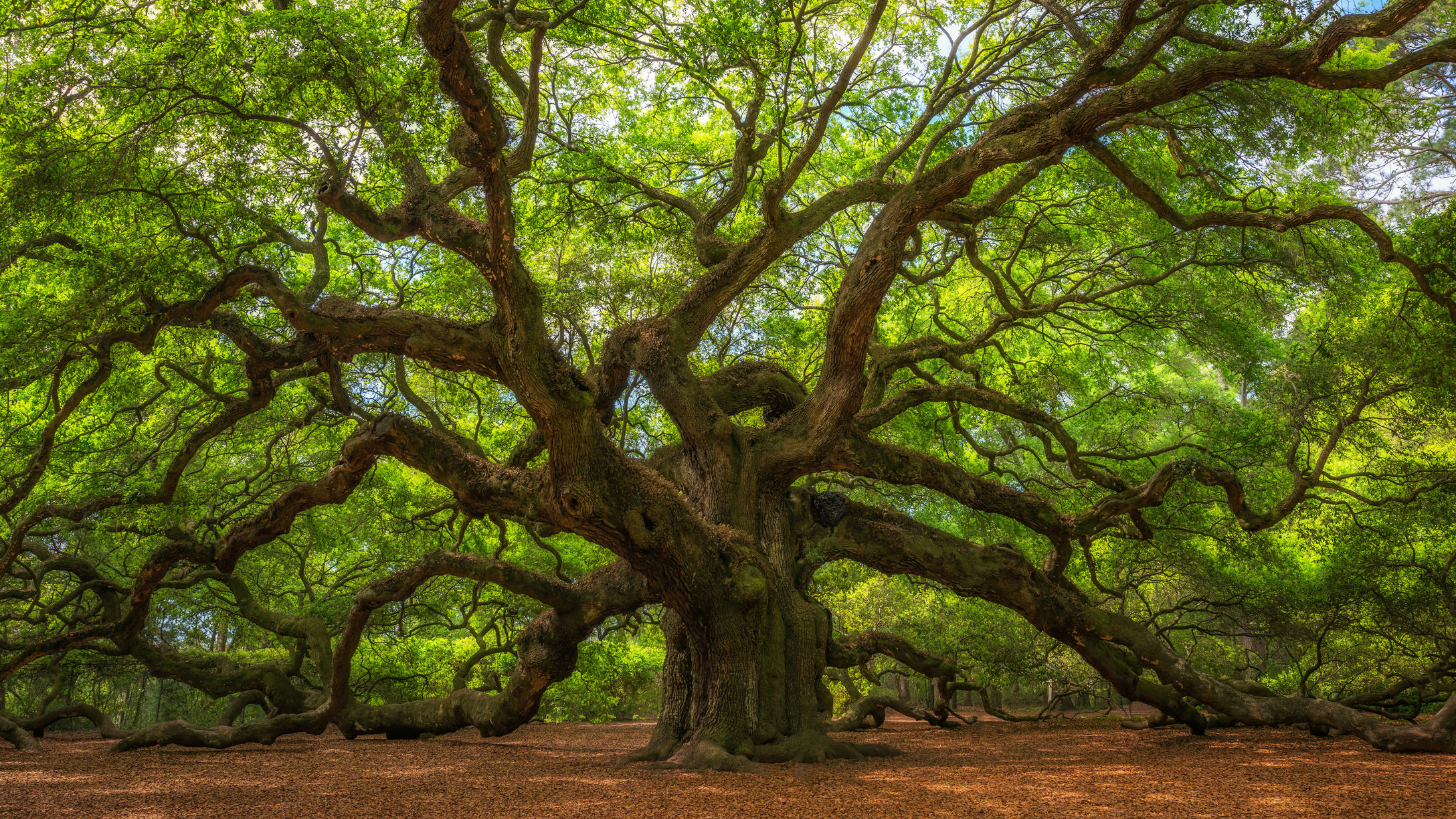
Prabhupād’s ‘Introduction’ to his translation and commentary of Bhagavad-gītā, first published in 1972, is a quiet introduction to Bhakti, to the theory and practice of loving devotion.
Bhagavad-gītā is widely understood both as a masterpiece of Vedic culture and a handbook for Vaishnavism. This has been made clear by countless commentators. But Prabhupād’s ‘Introduction’ and commentary reveals it as much more. In Prabhupād’s reading, Bhagavad-gītā unfolds as an introduction to the eternal truths of Gaudia Vaishanvism, as a pre-history to the life of Caitanya Mahaprabhu who appeared in 1486, and as a key to the understanding of God as prema, as the embodiment of divine loving devotion, in the eternal form of Rādhāmohan.
Prabhupad does not mention Radhamohan in his commentary to the Bhagavad-gītā. And yet the loving energy of her presence is in play on every page. That loving energy is the principle supporting all material and spiritual reality, the motor of time, the power of feeling and the foundation of all that creates meaning in human life. It is the continuity of time. If parampara refers to the uninterrupted succession of culture and learning from master to disciple, then the substance of that succession is made possible by prema, divine love, the spiritual energy that powers the transfer of life from soul to soul, from heart to heart, throughout time.
The transmission of human experience, learning, knowledge, understanding, beliefs, intuitions only takes places through a spiritual relation between a sender and a receiver. Anything that makes sense, anything worth knowing or feeling, obtains that worth because it has passed through the soul. In other words, only through soul-relations with others can anything of life’s riches be experienced. Only on the foundation of spiritual love can life be lived. All the rest is noise.
The basis of human life is love. We can live without anything else. Any other things, either material and immaterial, can be dispensed with. But no one can live without love. Our problem is that we don’t know how to love. This is in part because we do not know what to love.
Shall we love our husband’s lovely smile, his broad shoulders or his attractive beard? Shall we love our wife’s fragrant hair or her perfectly soft hands? Shall we love her cleverness? Her talent on the dance floor? Indeed what do we love about the one we think we love? What is it that makes someone loveable? What is it that makes us loveable? What is the source of love? Why do we love?
What is it about my husband that I really love? Would I still love him without his broad shoulders? Certainly! Without his attractive beard? Of course! Without his smile? Naturally! His firm muscles? Indeed! Without his left arm?
Of course, these are not the things that make my husband loveable to me, that makes my heart beat when he returns after an absence, when he is there with me in difficult times, when he helps me in my endeavours.
The origin of all these things, and a thousand more, the origin of my love for him and his love for me is his soul, the divine inside of him. How do we know this?
The answer is that we don’t know it enough. We don’t realise it. It has not become a reality for us. Despite the evidence all around us, miraculous feelings of love or emotion that emerge unexpectedly from our hearts, we fail to feel the love of our hearts entirely. We fail to feel our souls entirely. We fail to experience ourselves as spiritual beings. We don’t manage to fully experience our divinity.
We are ordinary humans. We experience the fullness of our love only partially. And yet there is no doubt that we experience it. We receive daily reminders of the presence of love in our hearts. Gentle nudges of feeling, tiny pricks of emotion come from a hundred simple experiences every day. These are reminders of our humble hearts longing to grow, reminders of the greed in our souls to grow into the spiritual suits tailored by God to fit our soul forms. We need only grow into them, fill them completely, and thereby become our complete divine selves.
Mercifully, we have a model to pattern ourselves after. It is Rādhārani the goddess of love, the the most beloved of Kṛṣṇa and his consort throughout the ages, the source of his love, and thereby the source of all love in the world.
To become ourselves means to become our souls. To become the soul means to grow the love from it is made. It means to realise that we are most ourselves when we entirely loving beings, when we entirely absorbed in the divine love of which are made.
This challenge, splendid and daunting, is the challenge of Bhakti, the path of devotion.